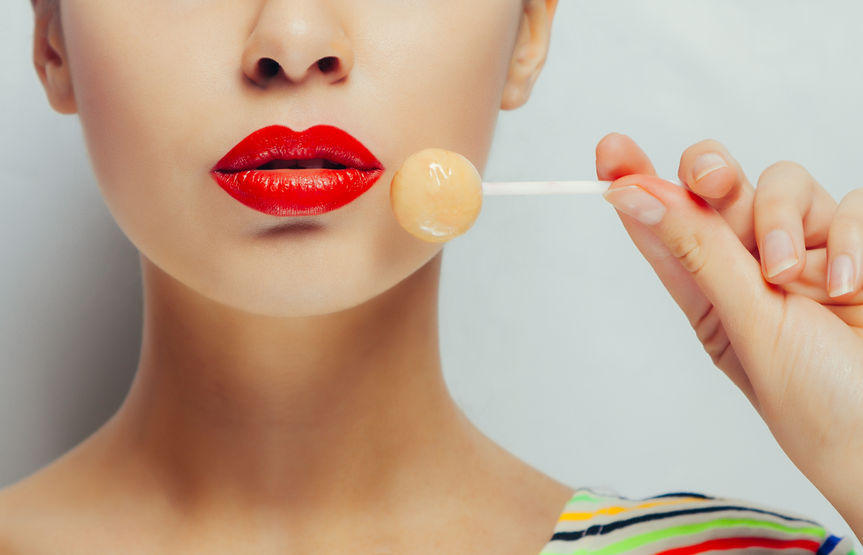
Sugar and Aging: How to Fight the Effects of Glycation
Most women consider that the primary benefit achieved through avoiding excessive sugar consumption has to do with maintaining a more desirable figure and weight. While it is certainly true that excessive sugar can adversely affect both these things, there is something else to consider: our aging skin.
The Process of Glycation
When sugar molecules enter the body, they attach to fats and proteins in a process that is known as glycation. Together, these sugar, fat, and protein molecules form what is called advanced glycation end products, or AGEs. AGEs cause protein fibers to become stiff and malformed, which can lead to connective tissue damage, chronic inflammation, cataracts, Alzheimer’s, vascular tightening, pancreas and liver diseases and other problems that are only too familiar to diabetics.
A couple of the key protein fibers that AGEs affect are collagen and elastin–the two proteins that women most desire to hold onto as they age due to their ability to create youthful, plump and springy complexions. Unfortunately, when collagen and elastin connect to sugar molecules they become everything a woman dreads: discolored, weak and less supple. This leaves the skin wrinkled, saggy and dull. It also makes it far more vulnerable to harmful environmental effects, such as UV light and cigarette smoke.
Unfortunately, glycation is a normal process occurring within everyone’s body all the time, and not just from refined sugar intake. Whole grains, fruits and even vegetables turn into glucose in the body, and sugar is actually an essential fuel for cells and energy metabolism–which means it cannot be entirely dispensed with. By the time we are between the ages of thirty and thirty-five, our bodies have experienced enough sun damage, environmental stresses, hormonal changes and AGE development while simultaneously reducing collagen and elastin production that we experience very visible changes in our skin.
Fortunately, the choices you make regarding your diet and lifestyle can slow the effects that glycation and AGEs have on your skin. For example, abstaining from smoking, as well as white sugar and high-fructose corn syrup while consuming good carbs like brown rice and whole-grain bread can slow the glycation process. Green tea, whether applied to the skin through skincare products or consumed in regular quantities, can interfere with the glycation process while also stimulating collagen synthesis. There are also a number of anti-aging products that work to reduce AGE buildup–but some are less effective than others, so choose wisely!
Love,
Gen


Leave a Reply